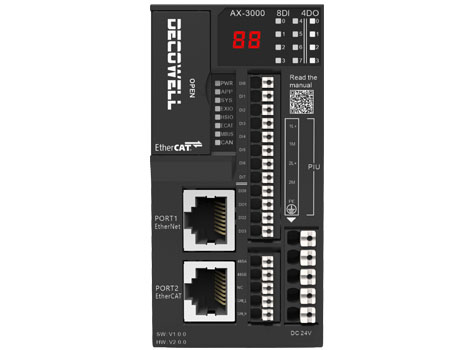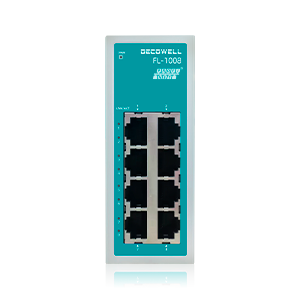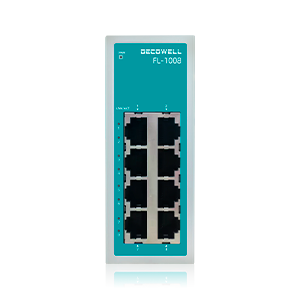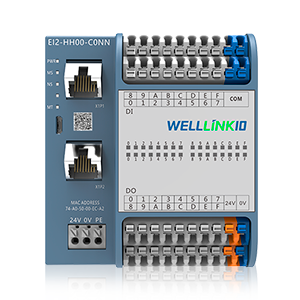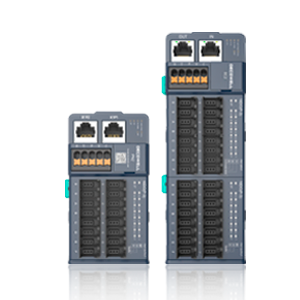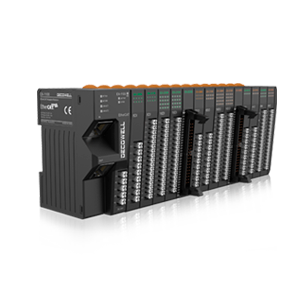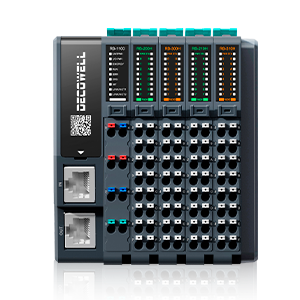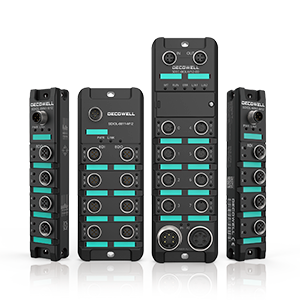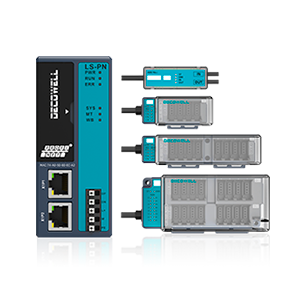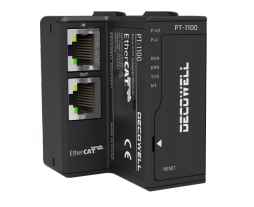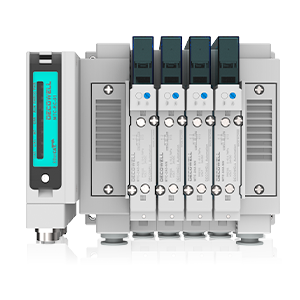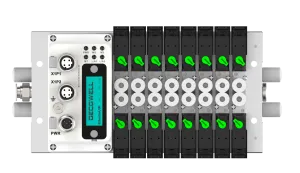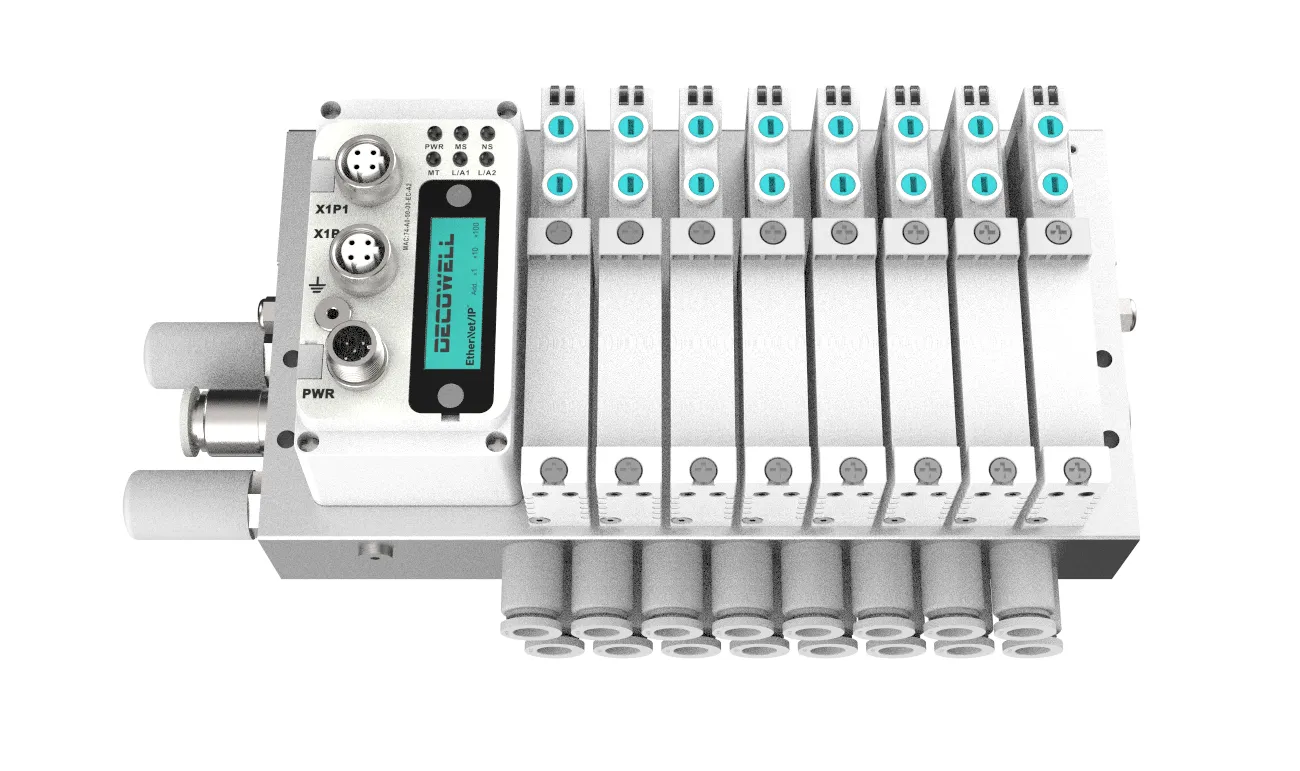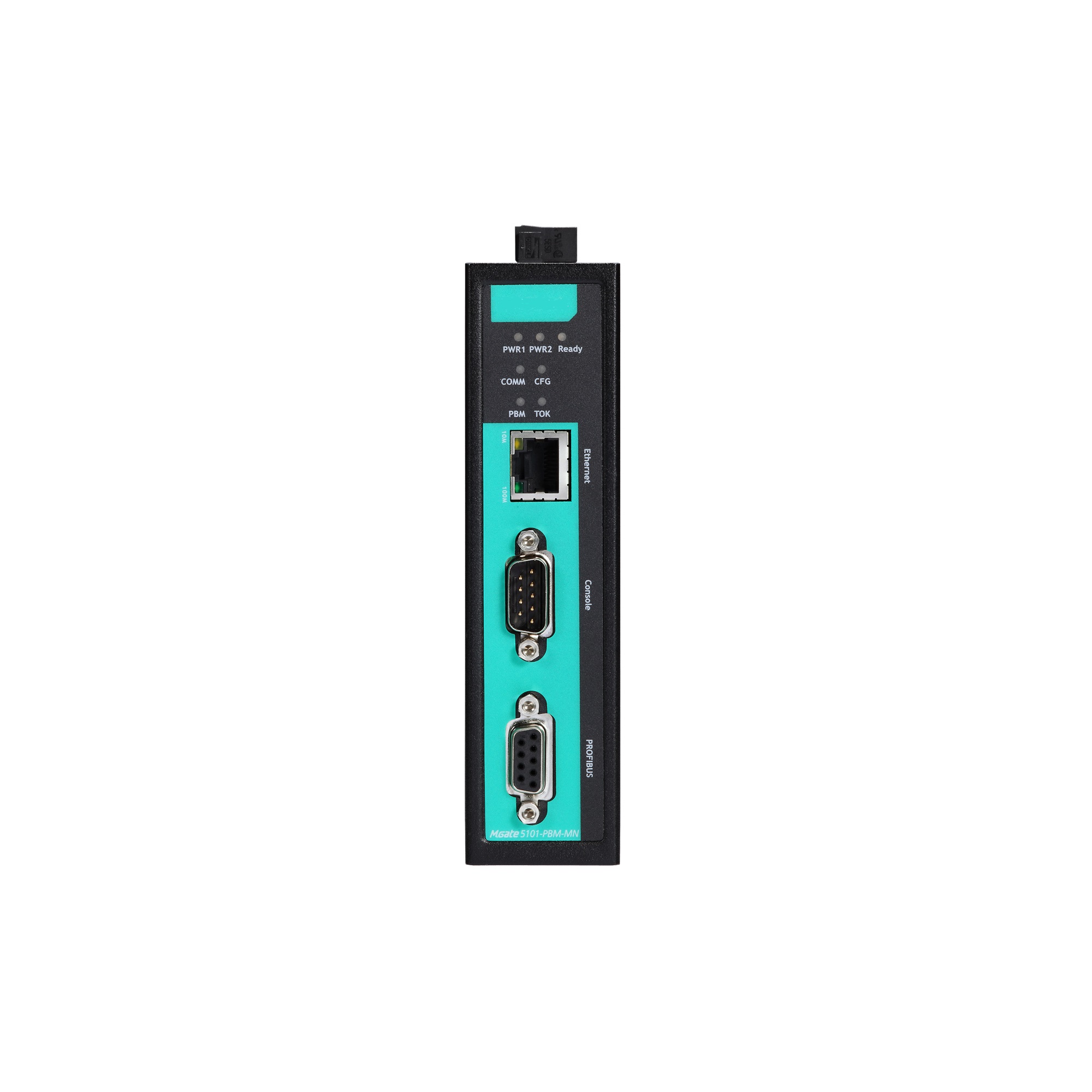
Industry News
Empowering Industrial Automation with Digital I/O Solutions
Our organization is aware that cutting-edge technology, like digital I/O systems, is essential to contemporary industrial automation. Digital input/output, digital input/output modules, and digital input/output controllers are essential elements that assist companies in optimizing their automation processes, as we have seen. Our unwavering dedication to developing the best industrial I/O module technologies has brought us a great deal of industry acclaim, and the automation landscape has been significantly impacted by our solutions.
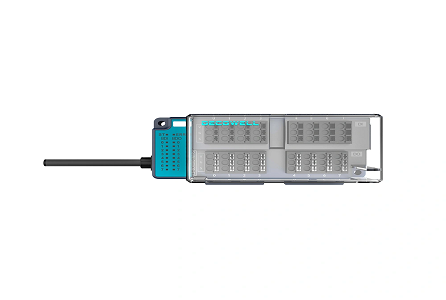
The Importance of Digital I/O in Automation Systems
In the world of industrial automation, digital I/O systems are the backbone of control and communication between machines and control systems. They facilitate the flow of data by receiving signals from sensors or other input devices and converting them into digital data that machines can understand and process. These systems are essential for real-time monitoring and controlling of machinery, enabling seamless interaction between various automated devices and equipment.
For instance, an input could be a sensor detecting temperature, while an output might be a command sent to a machine to adjust its operational speed. Digital I/O systems act as the intermediary, ensuring that these signals are transferred accurately and efficiently, enabling automated systems to function without manual intervention.
By utilizing digital input/output modules, we have provided businesses with the necessary tools to connect various industrial systems and seamlessly transfer data between devices. Our I/O solutions make it easier for companies to automate complex processes, reducing the need for manual control and saving time and resources. Moreover, the ability to manage multiple data streams at once ensures that businesses can maintain optimal performance, even in high-demand environments.
How Digital Input/Output Modules Enhance Control and Integration
The digital input/output module is a key component in most industrial automation systems. These modules play a central role in converting signals from input devices into digital data that the control system can process. Similarly, they are responsible for sending digital data to output devices, such as machines or actuators, ensuring that the entire system works cohesively.
One of the primary benefits of digital I/O modules is their ability to streamline communication between devices. They ensure that data is transferred quickly, efficiently, and with high accuracy, which is critical for industries that rely on continuous processes, such as automated manufacturing, assembly lines, and safety-critical operations. The integration of these modules allows businesses to maintain high levels of precision and control, ensuring consistent performance and reliable operations.
At DECOWELL, we understand the challenges of dealing with complex wiring systems in large-scale industrial settings. Traditional wiring often leads to cable clutter, maintenance headaches, and system inefficiencies. That’s why our digital I/O modules are designed to simplify the wiring process, reducing the amount of physical infrastructure required and making installations quicker and more cost-effective. This improvement in system design allows companies to focus on their core operations and enhances their ability to scale automation systems without facing significant barriers related to infrastructure limitations.
Digital Input/Output Controllers: Driving Precision and Efficiency
In practical terms, digital input/output controllers monitor a range of signals, such as pressure, temperature, and motion, and ensure that the system responds appropriately to these inputs. Whether in a manufacturing plant, a warehouse automation system, or smart infrastructure, these controllers are critical for maintaining the stability and performance of the system.
Moreover, digital input/output controllers come equipped with diagnostic capabilities that detect potential issues like voltage fluctuations, power surges, or broken wires. These built-in diagnostic tools offer real-time feedback, allowing businesses to identify and address problems before they lead to more serious system failures or costly downtime. The ability to monitor and manage systems proactively increases system resilience and operational uptime, which is especially important in high-demand industries where downtime can result in substantial financial losses.
Conclusion
At DECOWELL, our mission is to provide companies with the most dependable and effective digital I/O solutions that empower them to excel in the fast-evolving world of industrial automation. From digital input/output modules to digital input/output controllers, our products are designed to streamline automation, increase operational performance, and simplify system integration.
We are proud of the impact our technologies have had on the industrial automation landscape, and we remain committed to innovation and quality. As the world becomes increasingly automated, DECOWELL will continue to drive the evolution of digital I/O technology, delivering cutting-edge solutions that help businesses stay ahead of the competition.
